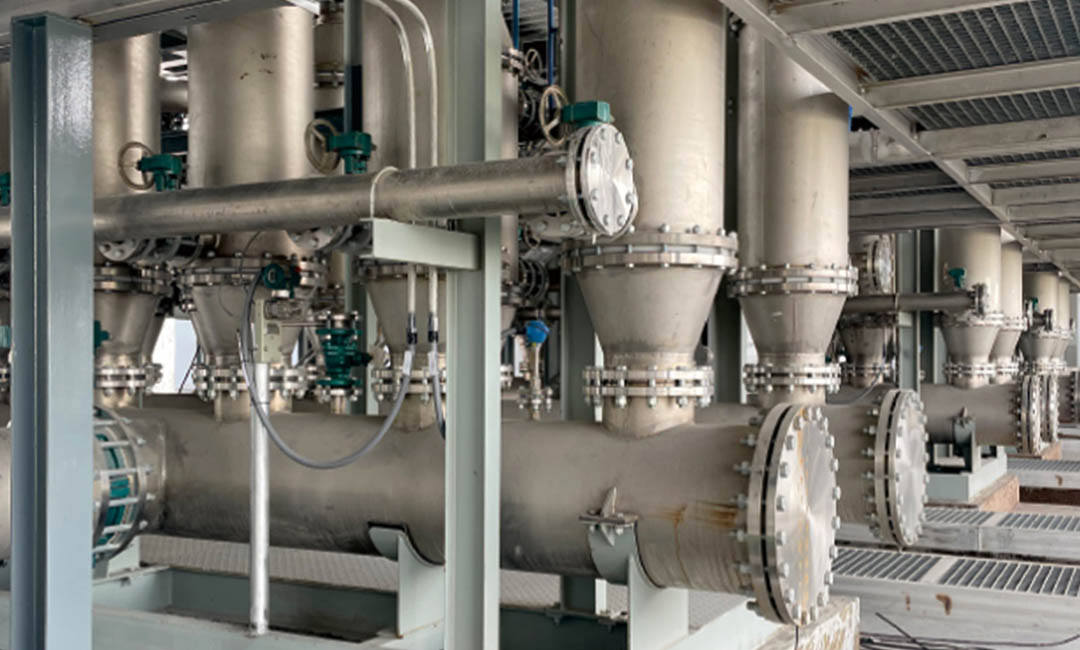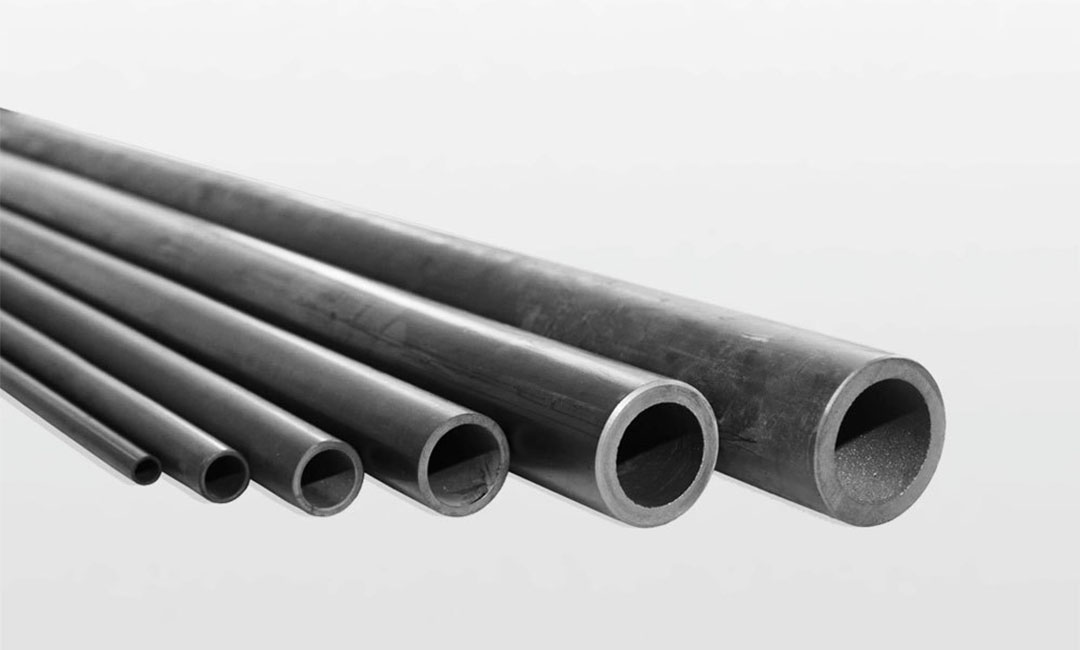Benefits of Using Acid-Resistant Silicon Membranes in Industrial Filtration
Industrial filtration is a crucial process in many manufacturing industries, including pharmaceuticals, food and beverage, and chemical production. The efficiency and effectiveness of filtration systems can have a significant impact on the quality of the final product, as well as the overall cost of production. One key component of industrial filtration systems is the membrane used to separate solids from liquids. In recent years, acid-resistant silicon membranes have emerged as a popular choice for industrial filtration applications due to their unique properties and benefits.
One of the primary advantages of acid-resistant silicon membranes is their durability and longevity. These membranes are designed to withstand harsh chemical environments, including exposure to acids and other corrosive substances. This makes them ideal for use in industries where filtration processes involve the handling of acidic solutions or other aggressive chemicals. By using acid-resistant silicon membranes, manufacturers can reduce the risk of membrane degradation and failure, leading to more reliable and consistent filtration performance over time.
In addition to their durability, acid-resistant silicon membranes also offer superior filtration efficiency. These membranes are engineered to have precise pore sizes and distribution, allowing them to effectively capture and retain particles of varying sizes. This results in a higher level of filtration purity and a lower risk of contamination in the final product. By using acid-resistant silicon membranes, manufacturers can achieve higher yields and improve the overall quality of their products.
Another key benefit of acid-resistant silicon membranes is their versatility. These membranes can be customized to meet the specific requirements of different industrial filtration applications, including ultrafiltration, microfiltration, and nanofiltration. This flexibility allows manufacturers to optimize their filtration processes and achieve the desired level of separation and purification for their specific needs. Whether filtering out impurities from a pharmaceutical solution or removing particles from a food and beverage product, acid-resistant silicon membranes can be tailored to deliver optimal results.
Furthermore, acid-resistant silicon membranes are easy to clean and maintain, reducing downtime and operational costs for manufacturers. These membranes can be cleaned using a variety of methods, including backwashing, chemical cleaning, and steam sterilization. This makes them a cost-effective solution for industrial filtration systems that require regular maintenance to ensure optimal performance. By choosing acid-resistant silicon membranes, manufacturers can minimize the risk of membrane fouling and clogging, leading to more efficient and reliable filtration operations.
In conclusion, acid-resistant silicon membranes offer a range of benefits that make them an ideal choice for industrial filtration applications. From their durability and longevity to their superior filtration efficiency and versatility, these membranes provide manufacturers with a reliable and cost-effective solution for separating solids from liquids in a variety of industries. By incorporating acid-resistant silicon membranes into their filtration systems, manufacturers can improve the quality of their products, increase production efficiency, and reduce operational costs. Overall, the use of acid-resistant silicon membranes can enhance industrial filtration processes and contribute to the success of manufacturing operations.
Applications of Acid-Resistant Silicon Membranes in Various Industries
Acid-resistant silicon membranes have become an essential component in various industries due to their ability to withstand harsh chemical environments and provide efficient filtration. These membranes are made from a combination of silicon and other materials that make them resistant to acids, making them ideal for applications where traditional filtration materials would corrode or degrade over time.
One of the key advantages of acid-resistant silicon membranes is their durability and longevity. In industries such as pharmaceuticals, chemicals, and food and beverage, where filtration is critical to ensuring product quality and safety, these membranes offer a reliable solution that can withstand the corrosive effects of acids and other harsh chemicals. This durability translates to cost savings for companies, as they do not have to replace membranes as frequently as they would with traditional materials.
In the pharmaceutical industry, acid-resistant silicon membranes are used in the filtration of pharmaceutical products to remove impurities and ensure product purity. These membranes are capable of filtering out particles as small as a few microns, making them ideal for applications where high levels of purity are required. Additionally, the acid resistance of these membranes ensures that they can withstand the harsh chemicals used in pharmaceutical manufacturing processes without degrading or losing their filtration efficiency.
In the chemical industry, acid-resistant silicon membranes are used in a wide range of applications, including the filtration of corrosive chemicals, wastewater treatment, and the separation of different chemical compounds. These membranes are capable of withstanding a wide range of pH levels, making them versatile and suitable for a variety of chemical processes. Their high chemical resistance also makes them ideal for applications where traditional filtration materials would quickly degrade or fail.
In the food and beverage industry, acid-resistant silicon membranes are used in the filtration of beverages, such as wine, beer, and fruit juices, to remove impurities and ensure product quality. These membranes are capable of filtering out bacteria, yeast, and other contaminants that can affect the taste and safety of the final product. Additionally, the acid resistance of these membranes ensures that they can withstand the acidic nature of many beverages without degrading or affecting the filtration process.
Overall, acid-resistant silicon membranes offer a reliable and efficient solution for industrial filtration applications where traditional materials would not be suitable. Their durability, longevity, and chemical resistance make them an ideal choice for industries where filtration is critical to product quality and safety. As technology continues to advance, we can expect to see further innovations in the field of membrane filtration, with acid-resistant silicon membranes playing a key role in enhancing industrial processes and ensuring the quality of products across various industries.
Comparison of Acid-Resistant Silicon Membranes with Traditional Filtration Methods
Acid-resistant silicon membranes represent a significant advancement in industrial filtration technology, particularly when compared to traditional filtration methods. Traditional filtration techniques, such as ceramic and polymer membranes, have long been utilized in various industries for separating particles from liquids. However, these methods often face limitations when exposed to harsh chemical environments, particularly acidic conditions. In contrast, acid-resistant silicon membranes are engineered to withstand such environments, offering enhanced durability and performance.

One of the primary advantages of acid-resistant silicon membranes is their superior chemical resistance. Traditional filtration methods can degrade over time when exposed to strong acids, leading to reduced efficiency and increased maintenance costs. In industries such as chemical manufacturing and wastewater treatment, where acidic substances are prevalent, the longevity of filtration materials is crucial. Acid-resistant silicon membranes, on the other hand, maintain their structural integrity and filtration capabilities even in the most corrosive conditions. This resilience not only extends the lifespan of the membranes but also reduces the frequency of replacements, resulting in lower operational costs.
Moreover, the permeability of acid-resistant silicon membranes is another factor that sets them apart from traditional methods. These membranes are designed to provide high flux rates, allowing for faster filtration processes. In many industrial applications, time is of the essence, and the ability to process large volumes of liquid quickly can significantly enhance productivity. Traditional filtration methods often struggle with flux limitations, which can lead to bottlenecks in production. By utilizing acid-resistant silicon membranes, industries can achieve higher throughput without compromising the quality of the filtrate.
In addition to their chemical resistance and permeability, acid-resistant silicon membranes also offer improved selectivity. The precise pore structure of these membranes allows for the effective separation of particles based on size and charge, which is particularly beneficial in applications requiring high purity levels. Traditional filtration methods may not provide the same level of selectivity, leading to the potential for contaminants to pass through the filter. This is especially critical in sectors such as pharmaceuticals and food processing, where product purity is paramount. The ability of acid-resistant silicon membranes to deliver consistent and reliable filtration results enhances product quality and compliance with industry standards.
Furthermore, the ease of integration of acid-resistant silicon membranes into existing filtration systems is a notable advantage. Many industries are hesitant to overhaul their filtration processes due to the costs and complexities involved. However, acid-resistant silicon membranes can often be retrofitted into current systems with minimal disruption. This adaptability allows companies to upgrade their filtration capabilities without the need for extensive modifications, making it a cost-effective solution for enhancing filtration performance.

In conclusion, the comparison between acid-resistant silicon membranes and traditional filtration methods highlights the former’s numerous advantages in industrial applications. Their superior chemical resistance, high permeability, improved selectivity, and ease of integration make them an attractive option for industries dealing with acidic environments. As the demand for efficient and reliable filtration solutions continues to grow, acid-resistant silicon membranes are poised to play a pivotal role in advancing industrial filtration technology, ultimately leading to enhanced operational efficiency and product quality. The transition towards these advanced membranes signifies a shift in how industries approach filtration challenges, paving the way for more sustainable and effective practices in the future.

